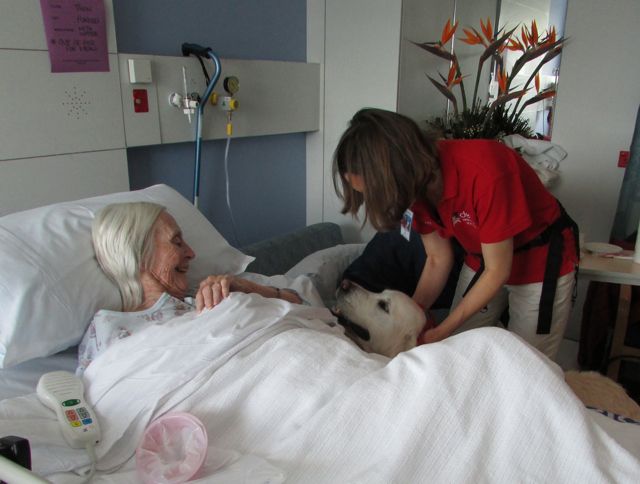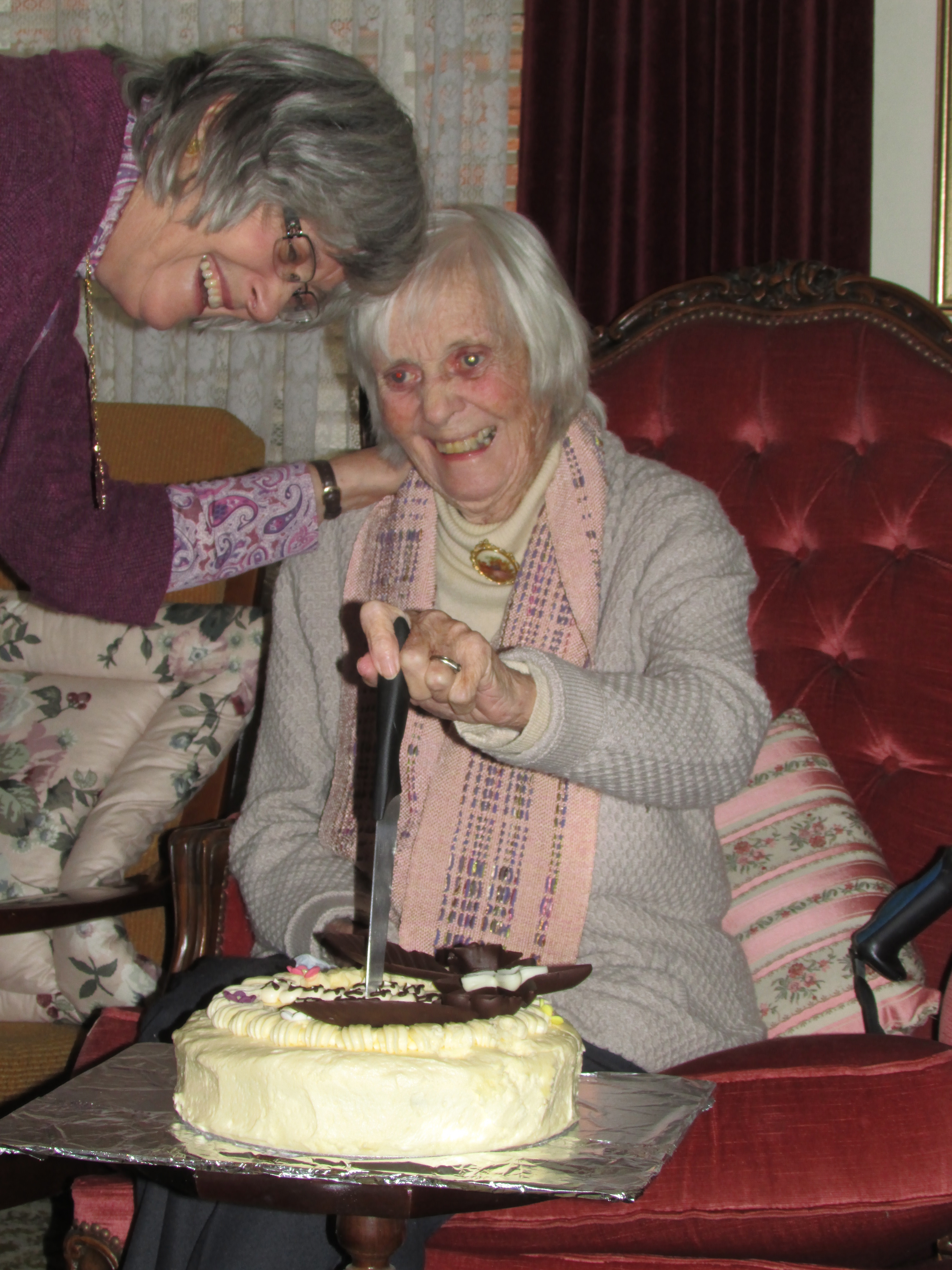Many of my prayers this week have focused on my mother and her fight with cancer. I have already posted several of these prayers, but did not want to detract from the other beautiful prayers and sayings posted on the Light for the Journey Facebook page this week.
Seven Deadly Sins.
Wealth without work
Pleasure without conscience
Science without humanity
Knowledge without character
Politics without principle
Commerce without morality
Worship without sacrifice
Mahatma Gandhi
As I sit beside my mother in her last illness I often read Celtic prayers like this one to be a great comfort.
Death comes silently –
slowly for some
with sudden swiftness for others,
yet unavoidable – certain.
However long or short
our span of life,
the last great enemy,
yet conquered by your Resurrection.
Lord, teach us to number our days
and so apply our hearts to wisdom.
a God-given promise
that will not fail,
a new heaven
and a new earth,
where love
and righteousness
reside.
May our lives reflect
that promise
and be found
spotless
on that glorious day.
God of love
and mercy,
pour your living water
into these hearts,
cleanse and refresh them,
that they might
overflow in praise.(www.faithandworship.com)
created in a moment of sheer exuberance
permeated with love
well madeThis place is yours, in its simplicity,
blue sky and countryside, pure creativity,
painted with care
well made
This day is yours, pure generosity,
given for moments of gentle reflection,
in the bustle of a day
well made
This moment is yours in its entirety,
a drop of time in an ocean of history,
gifted with joy
well made
in your kingdom, Lord,
forgive our reluctance
to share your load.
May our hearts always be ready
to be troubled by injustice.
May our hands always be ready
to share the burden of a stranger.
May our feet always be ready
if asked to go that extra mile.
May our pride always be ready
to be humbled before we fall.
May our love always be ready
to be shared with those in need.
May our lives always be ready
to be a lamp in this dark world.
We are often poor servants
in your kingdom, Lord,
forgive our reluctance,
inspire us, we pray.(www.faithandworship.com)
The Celtic Way of PrayerGod with me lying down,
God with me rising up,
God with me in each ray of light,
Nor I a ray of joy without Him
Nor One ray without Him.
Christ with me sleeping,
Christ with me waking,
Christ with me watching,
Every day and night,
Every day and night.
God with me protecting,
The Lord with me directing,
The Spirit with me strengthening,For ever and for evermore,
Ever and evermore,
Amen
As I headed out to Australia to see my Mum I came across this prayer by David Adams which gives great comfort as I travel and wait
Where does the journey end?
Beyond where you can see
Where do the years end?
That’s unknown to you or me
Where does life end?
In love and eternity.
David Adams
22nd Annual Celtic Prayer Retreat
It’s not too late to join
|
|||
| We’re counting down to the Celtic Retreat! This year’s theme: “Celebrate the Newness”.Join us at Mustard Seed Village on beautiful Camano Island (Washington State) and enjoy times together in worship, prayer, meditation on scripture, creative activities, and the celebration of the Eucharist/Communion.
We’ll also have plenty of alone time for wandering the prayer trails, walking the labrynth, and relaxing quietly. And of course, there’s always time for conversing, conspiring, and dreaming! We will have programs designed especially for children and teens. The younger kids will expand their imaginations with Kendra Long, and teenagers will explore igniting their own creative spark with Cindy Todd. Only one week left to register for the event. This is a great opportunity to get away from it all and enjoy the company of fellow sojourners on The Way. Come just for Saturday, or join us the whole weekend for camping and more informal times of conversation, prayer, and meandering the prayer trails. Be sure to register before midnight, August 7. Here’s a quick breakdown of activities:
Saturday – The Main Event
Sunday
Hope to see you there!
|
The wait continues and my emotions go up and down.Today the chaplain visited. She told us we have good coping mechanisms. Though I don’t always feel it I know that it is true, and you are all helping. Prayer, long morning walks listening to the kookaburras and photographing the cockatoos on the roof, sharing the story on my blog and the writing of poetry all help. And now I find myself grieving for the things I could/should be doing – like preparing for the Celtic retreat next week and getting ready to go on vacation with Tom. Life does go on but it feels the fabric has been ripped.
Tears, tears, tears,
So many tears.
I shed them for my mother
And her suffering.
I shed them for myself
And the turmoil of my pain.
I shed them for my friend
Fresh diagnosed with cancer.
Tears that drain me dry,
Tears that shout this is not right,
Death does not conquer all,
Christ’s sacrifice is not in vain.
God has the final victory,
Death’s slow embrace,
Will give way to God’s eternal light.
In the last couple of days several people have sent me links to NPR host Scott Simon’s tweet feed about the death of his mother. Like me he has not been embarrassed to share openly the pain, the tears and the heartache of these final days. I read and cried through this poignant article of how his mother became the collective mother to 1.2 million people who followed Scott on twitter, finding great comfort in what he shared. Many of his followers I suspect remembered their own moments of loss and grief as they read what he wrote. Some I am sure will be better able to cope with death in the future as a result.
I too have been amazed by the comfort others find in my journey. It makes me realize how important it is to share these types of events. We are all vulnerable people, so afraid of death, embarrassed to share how deeply it scars us, afraid to admit the ache it leaves inside us. We go to great lengths to hide from it and to hide it from the world. Yet it is one of the few certainties of life.
Thank you for continuing to share this journey with me. I still have no idea how long my mother’s final journey will take. I would like it to be quick, I don’t want to see her suffer, but I also realize it is in God’s hands. Thank you for your prayers and support and comments – they are much appreciated.
I continue to sit by my mother’s bedside. Thank you for your prayers and supportiveness. Particularly appreciate this poem sent to me by Heather Jephcott
You Lord are my place of safety
Since finding you I need no other
Having experienced your shelter
I knew I need look no further
You keep me secure
locked in Your vastness
You are my maker, creator of all
the one whose giant hands
hold this entire magnificent universe
You not only made me
but gave to me a place of safety
a place where I am secure,
locked in this sanctuary
a place of peace, hope, love and joy
you not only hold the keys
but are this place
You save me from the onslaught of the dark
helping me to cope with times of sadness, difficulty
You are the rock on which I build my life
no shifting sand that varies with the days
but solid, safe, secure
You save me from the worst in me
keeping my brokenness for your use
within your kingdom
to remould it into something of beauty
where you are king and I am not alone
You fill me with hope
calmly expressing that you are
all the security I need now and
throughout the eternal ages
this hope glows bright now
becoming stronger, more dazzling
each passing day
On July 27th a dedicated team demonstrated the ultimate support for Mustard Seed Village by installing the final support beams on our first building.
Thanks to the extreme generosity of Greg and Nathan Abell, Martin Bayley, Brad Glenn, Dennis and Andrew Todd, and many others who have been praying and have helped in advising and procuring supplies, all the remaining beams were raised today by 4:30 p.m. Our team of volunteers were exhausted.
 Tom exclaimed, “Thanks be to God for the miracle of having all the beams up!!!”
Tom exclaimed, “Thanks be to God for the miracle of having all the beams up!!!”
We are looking forward to seeing most of you at the annual Celtic Retreat, Saturday August 10 during which we’ll have a luncheon dedicating of the erection of our first facility in the Mustard Seed Village.
 There are still plenty of opportunities to volunteer your construction talents to the project! Next up, we need to get the roof on as soon as possible! If you have carpentry skills and are interested, please contact us and let us know.
There are still plenty of opportunities to volunteer your construction talents to the project! Next up, we need to get the roof on as soon as possible! If you have carpentry skills and are interested, please contact us and let us know.
Thank you for your continued prayer as the Mustard Seed Village dream unfolds. You can join us in God-inspired future through prayer, volunteering as we continue construction on the village, and through contributing financially. If you haven’t already seen it, please check out Graham Kerr’s invitation to support construction of the village.
Check out more photos in this Facebook album
I am sitting here in the hospital beside my Mother’s bed watching her life slowly ebb away. It is only a month since our joyous celebration of her 90th birthday. Just after we left she was diagnosed with pancreatic cancer and her condition has declined rapidly.
It is the hardest but in some ways the most important thing I have ever done. I am now staying at the hospital sleeping on a couch beside her bed. Sometimes I read to her or recite her favourite poems. Sometimes I hug her and assure her of my love. She is still conscious and I thank God for these precious last days with her.
It hard to watch your mother die,
To watch the spark that gave me life
Grow dim.
To see the much loved face
Grow gaunt and lose its smile.
To hold the hands
That once held me in love
And try to comfort through the tears.
It is hard to watch a mother die,
To watch this last hard journey
Grow harder every day.
To know I will not share
Tomorrow’s moments of delight
Until I too prepare to cross the veil,
And on the other side
Find once more that loving smile.
As an Amazon Associate, I receive a small amount for purchases made through appropriate links.
Thank you for supporting Godspace in this way.
When referencing or quoting Godspace Light, please be sure to include the Author (Christine Sine unless otherwise noted), the Title of the article or resource, the Source link where appropriate, and ©Godspacelight.com. Thank you!





